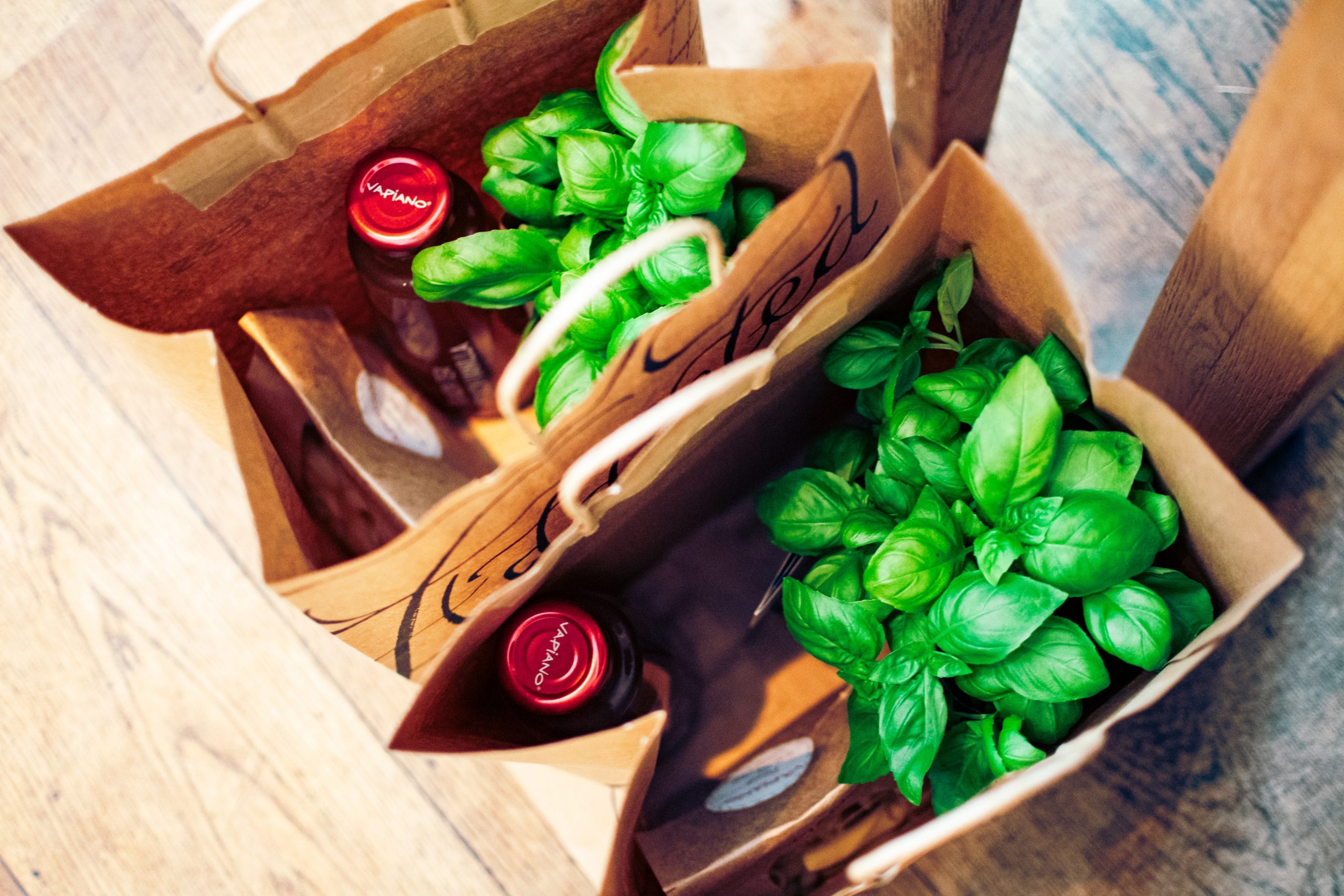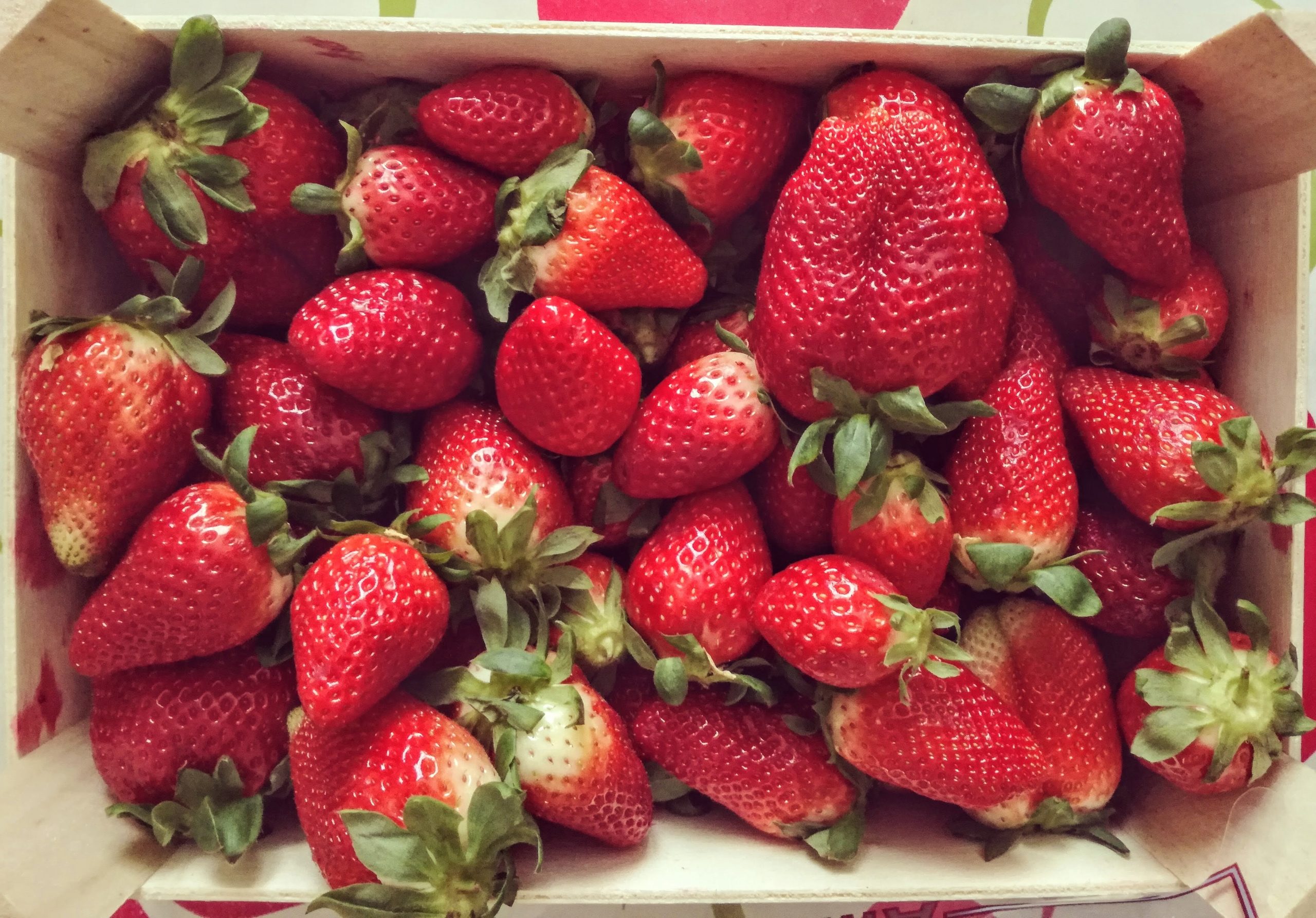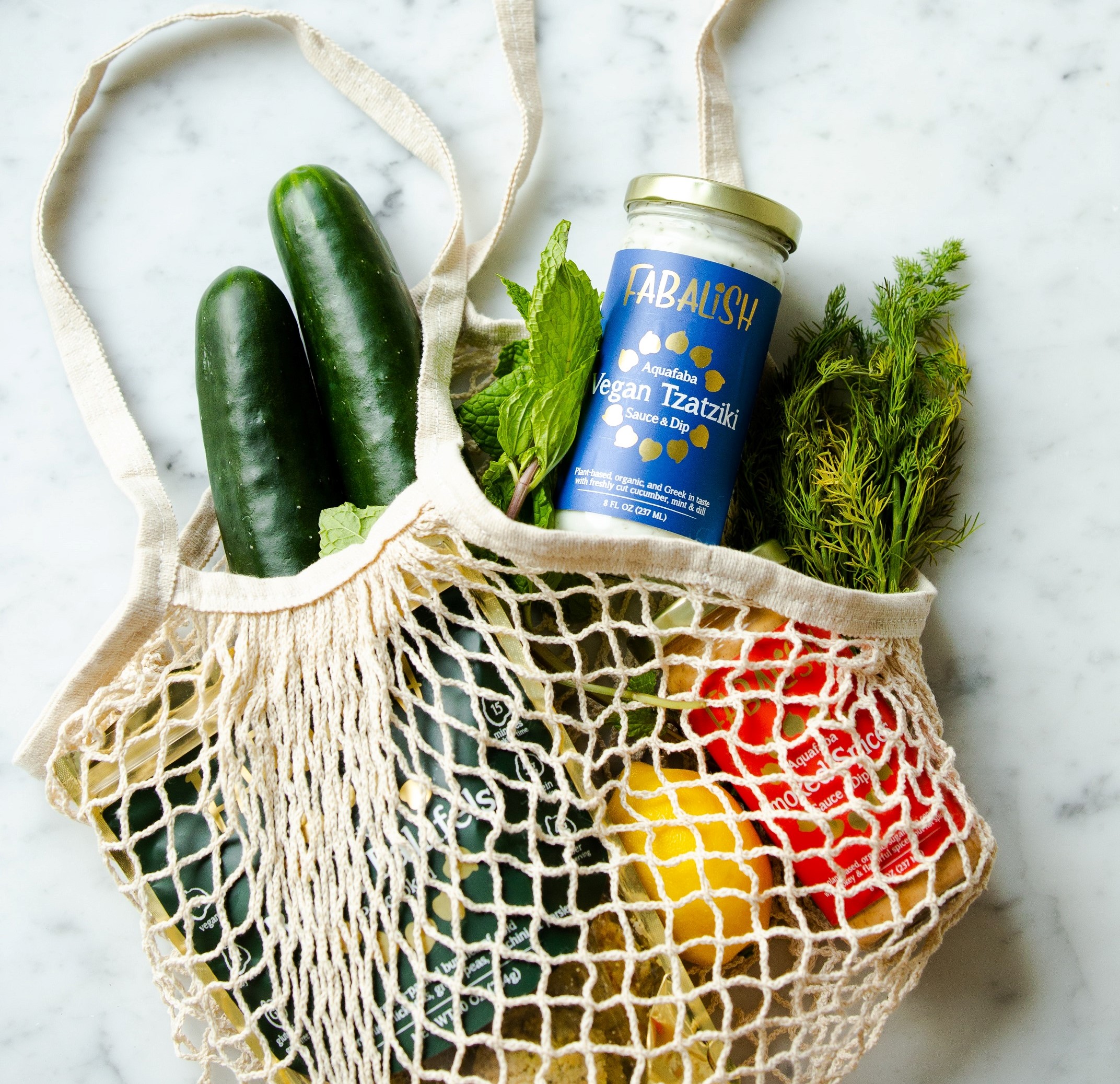Seasonal fruits and vegetables are hands down one of the best parts of summer. As grocery aisles and farmers’ markets fill up with fresh and colourful produce, many Canadians feel excited to try new recipes featuring these items! Whether you’re new to shopping seasonally or you do it religiously, below are six essential reasons to buy in-season fruits and vegetables this summer:
More Flavour & Freshness
Have you ever eaten a really, really juicy and sweet peach and thought, ‘Wow... that bite was amazing!’ These wonderful experiences happen during the in-season months. Fresh seasonal fruits and vegetables have just been harvested, so they’re packed with flavour. Strawberries, cherries, watermelon, peaches and nectarines are some fruits that embody summer flavours. Simply put, seasonal produce tastes better.
Supports Sustainability
Sustainability is a hot topic right now. What exactly is sustainability? Simply put, sustainability enforces meeting our society’s needs without compromising future generation’s needs. It includes three components: environment, economy and society.
The environmental aspect is typically what we think of when we discuss sustainability - it refers to human’s use of the earth’s natural resources at a rate where the resources can replenish themselves. Economic sustainability refers to communities maintaining their independence while having access to the resources they need to meet their needs. Social sustainability encompasses access to universal human rights and necessities to keep all communities healthy and secure.
Shopping seasonally supports local produce and farmers. This reduces transportation, refrigeration, and other resources needed to keep off-season produce fresh. It also lessens the demand for off-season produce.

Saves Money
Seasonal fruits and vegetables are typically the most cost-efficient option. Why? Think about the economic concept of supply and demand; in-season produce has a larger supply, so it is sold at a lower price to maintain demand from consumers. Additionally, off-season produce is more expensive because it costs more to import it from other regions that produce the item year-round. Your wallet will thank you for shopping seasonally!
Less Spoilage & Contaminates
Seasonal produce is grown closer to you, meaning there’s less opportunity for spoilage during transportation. Additionally, by removing transportation, you can be more confident about the source of your produce. Countries have different regulations for pesticides, herbicides, and other agricultural practices. For example, overseas agriculture may not regulate soil contamination tests to ensure soil quality.

Increases Variety
Shopping seasonally encourages you to try new fruits and vegetables that you may not have known about otherwise. This may push you out of your comfort zone, and who knows, maybe you’ll fall in love with a new fruit! Eating a variety of fruits and vegetables helps you meet your nutritional needs - diverse types and colours are high in different vitamins and minerals. Try adding a new seasonal item to the grocery list each week and plan out how you’ll use it - for example, try making gooseberry pie!
Supports Your Natural Nutritional Needs
Honestly, the earth is always one step ahead of us - let’s take a moment to say thank you! Not only is seasonal produce delicious, but it also supports our body’s natural needs. In the summer months, we’re outside in the sun more, and thus the risk of sun damage is higher. Summer fruits and vegetables are higher in carotenoids, a pigment that helps protect us from sun damage. Spinach, watermelon, cantaloupe, bell peppers, tomatoes and carrots are some in-season fruits and vegetables high in carotenoids.
What Fruits and Vegetables are in Season?
Ontario: What's in Season? Your Guide to Canadian Produce in Ontario
Quebec: Quebec Seasonal Produce Calendar

Sources
- Benefits of eating seasonal produce. (2016, September 13). The Farm at St. Joe's Ann Arbor. https://stjoesfarm.org/2016/09/13/benefits-of-eating-seasonal-produce/
- (n.d.). McGill University. https://www.mcgill.ca/sustainability/files/sustainability/what-is-sustainability.pdf
- Stahl, W., & Sies, H. (2012). β-carotene and other carotenoids in protection from sunlight. The American Journal of Clinical Nutrition, 96(5), 1179S-1184S. https://doi.org/10.3945/ajcn.112.034819
